
Recommendation
This book is rich with colorful vignettes, interesting facts and fascinating lore about George Washington, the first president of the United States. Author James C. Rees (writing with Stephen Spignesi) is both blessed and burdened with an abundance of facts, stories, quotes and tidbits of trivia about Washington. The author works mightily to correlate illustrative incidents from Washington’s life with character lessons for today’s corporate executives. Unfortunately, the connections are often a little forced, although the narrative remains interesting. Some of the things that Rees includes are fresh and valuable, such as his sidebar about Washington’s Revolutionary War spy ring. But others are less compelling, like the verbatim rundown on all 110 of the civility rules that the Jesuits developed in the 1500s to instruct young men. They have passing relevance, in that as a child Washington copied them in longhand so he could memorize them. Yet many of the arcane dictums seem to have little to do with the famed general’s life or character. Still, this intriguing, easy read provides a fond, useful lens for seeing Washington as a remarkable leader and a leadership role model on many levels. If your goal is to learn about leadership, getAbstract believes that George Washington has a lot to teach.
Summary
About the Authors
James C. Rees is the executive director of Mount Vernon, George Washington’s home, which is now a museum. Prolific author Stephen Spignesi writes often on history and popular culture.








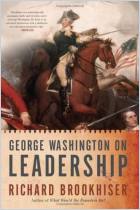
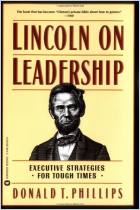
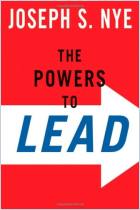
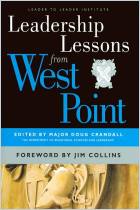

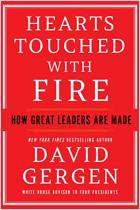





Comment on this summary or 开始讨论